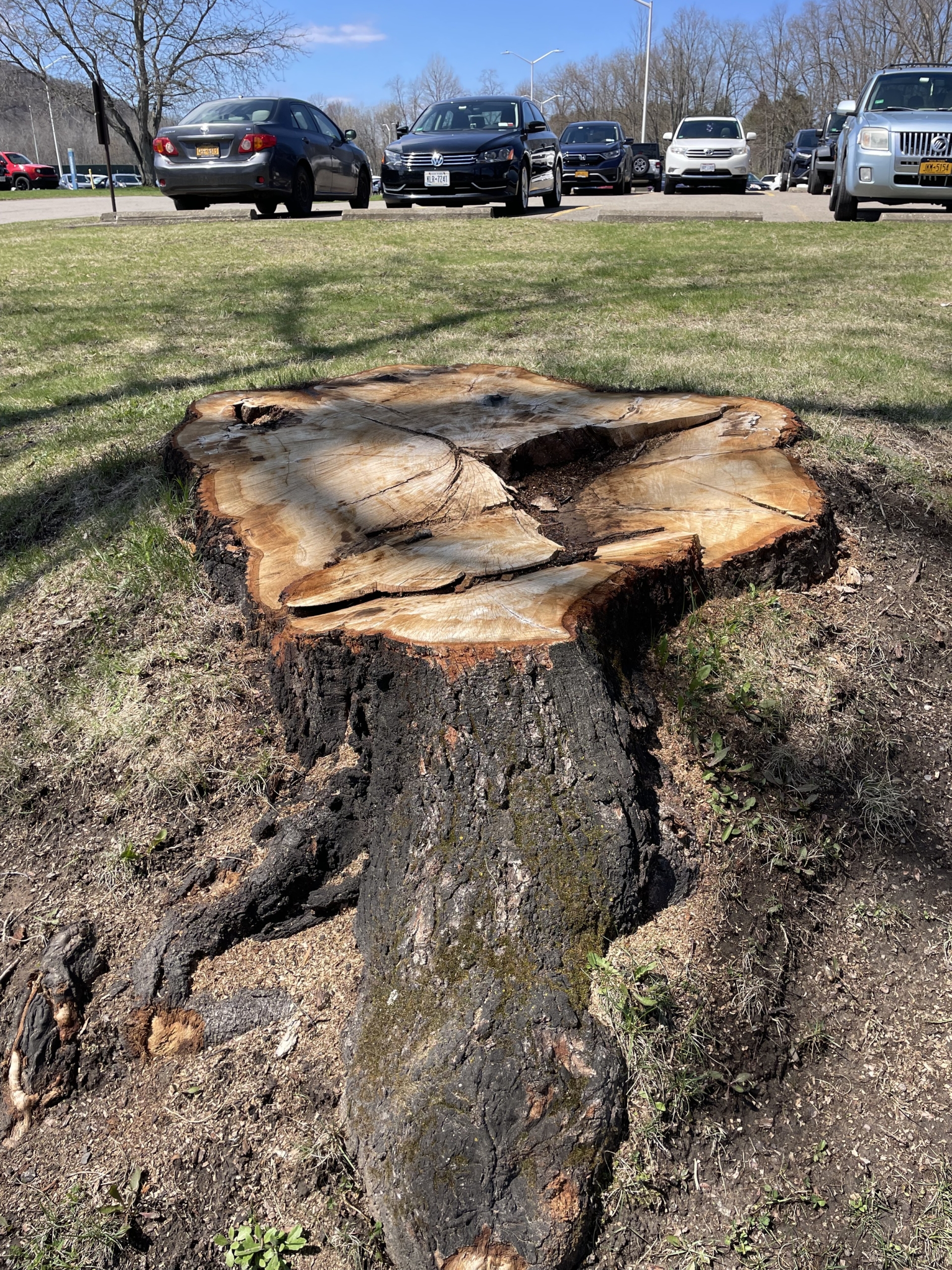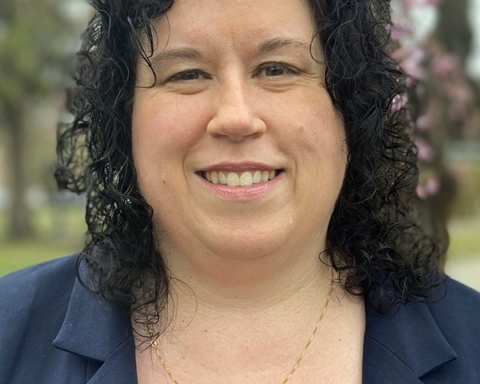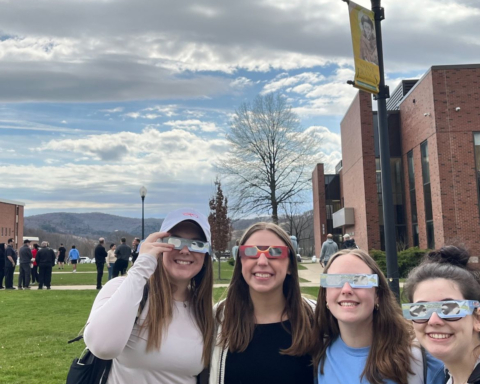Former members of the House of Representatives visited St. Bonaventure University Monday, discussing the aftermath of the alleged Russian hack of the 2016 election.
Sam Coppersmith, former democratic representative of the first district of Arizona, opened the discussion with the theme of Congress to Campus: public service.
“Become involved early,” he said. “Become involved often.”
Dan Miller, former republican representative of Florida, added, “As frustrating and maddening as the system is today, the system still works.”
The forum was open, allowing students and faculty to ask questions.
One of the issues discussed the most was that of cybersecurity hacking on the United States and whether citizens should be concerned.
“They could really disrupt our system,” said Miller. “It threatens our electoral process that we’re very proud of.”
Coppersmith elaborated on this response.
“We have to fix the system in order to fix America,” Coppersmith said. “The Russians were going after the legitimacy of America [when they hacked the 2016 presidential election] because they didn’t want America to counteract what they were trying to do in the world.”
Richard Lee, Ph.D., associate professor of journalism and mass communication, was in attendance and said that cyber hacking concerns him.
“The magnitude and extent of cybersecurity hacking should concern all Americans,” he said.
The issue of social media regulation to decrease the outpour of fake news also raised questions.
“I think the European Union is going to lead us to pose regulatory pressures on Facebook [specifically] and other sites like it,” Miller said. “This becomes a First Amendment issue and free-speech issues are difficult to regulate.”
Coppersmith responded in reference to social media.
“The media failed America,” said Coppersmith. “It’s scary. We’re two former members of Congress, and yet we don’t see a way to save us from ourselves. I sure hope the Europeans know how.”
Emily Weber, a freshman journalism major, found this topic to be the most interesting one presented; she plans to pursue a career in the media.
“I enjoyed the focus on the media aspect and how [the former congressmen] encouraged people to become educated on recognizing fake news from the real stuff,” Weber said.
Lee thought that the former congressmen were not blaming the media for fake news, but rather correctly explaining what fake news is.
“Fake news is material that is manufactured for a purpose – by individuals and organizations with an agenda – not by the news media itself,” Lee said.
University Provost Joseph Zimmer questioned if a lack of public education is what causes the inability to filter fake news.
“Education is the key,” Miller said. “But, the issue is [that] there are so many sources of information today, that it is going to be a challenge to digest more than just what you want to hear. Relying on one source is a real problem in this country.”
Coppersmith responded.
“The critical skill now is not unearthing information, but sifting through what is already available on the internet,” said Coppersmith. “People need to be skeptical.”
Overall, Lee felt this experience was important for students to have, drawing attention to current political issues through those with a firsthand perspective.
“The Congress to Campus program highlights the many positive elements of government, politics and public service, all of which are often overlooked,” Lee said. “Even though Coppersmith and Miller have each been out of office for several years, they still were able to provide an insider’s perspective on current events in Congress.”
Photo courtesy of medium.com






